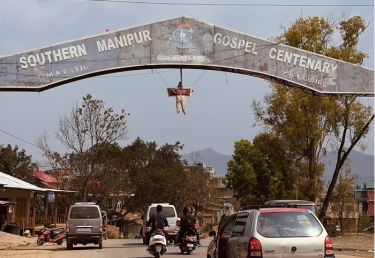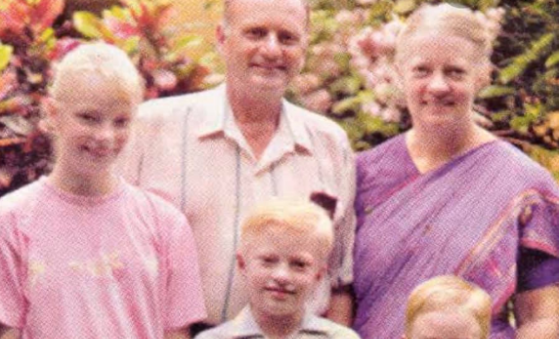
Christian leaders in India have expressed concern over the ongoing violence in Manipur, blaming a refusal to compromise by both Hindu-majority Meitei groups and the predominantly Christian tribal communities for the lack of progress toward peace.
The most recent talks, held on 30 June in New Delhi between officials from the Federal Home Ministry and a 19-member delegation mainly representing Meitei-led civil society organisations, ended without a clear plan for reconciliation. Earlier, on 9 June, Home Ministry officials also met with a five-member delegation representing Kuki-Zo tribal groups.
These efforts are part of continued peace initiatives following over two years of deadly ethnic clashes. The conflict, which began in May 2023, has claimed more than 260 lives and displaced around 60,000 people, many of whom are tribal Christians.
One major point of division remains the Meitei insistence on preserving the “territorial integrity of the state of Manipur,” while the tribal groups continue to demand a separate administration for their communities. This stalemate has left Christian leaders deeply concerned.
“As long as both sides continue to stick to their demands, we do not know how long it will take to restore peace,” said one Church leader, who requested anonymity due to the sensitivity of the situation. “Without compromise, the unrest will continue.”
Manipur has been under direct federal rule since 13 February 2024, after Chief Minister N. Biren Singh, who is from the Meitei community, resigned amid accusations of favouring Meiteis and neglecting the rights of tribal Christians.
Following the June 30 meeting, the Meitei delegation issued a statement calling on the government to ensure “free movement for all” across Manipur, including in tribal-majority areas. Since the violence erupted on 3 May 2023, tribal groups have blocked access for Meiteis in several regions. While both groups previously allowed mutual passage through a so-called “buffer zone,” this ceased when hostilities broke out.
The Meitei statement described freedom of movement as “the first essential step toward restoring peace in the state.” The group also called for the resettlement of displaced persons who are still living in government-run shelters. Official figures estimate that at least 11,000 homes were destroyed in the conflict.
The violence was initially triggered by a court order supporting Meitei demands to be recognised as a Scheduled Tribe, a status that offers certain constitutional benefits. The decision led to widespread protests from tribal groups, who argued that the Meiteis, already dominant politically and economically, should not be granted further advantages. Tensions exploded after Meitei mobs allegedly attacked tribal rallies.
Tribal leaders remain firmly opposed to the idea of restoring free movement, citing fears of targeted attacks. “Allowing free movement will be deadly for us as Meitei-backed radical groups will get free access to eliminate us,” said one tribal Christian leader.
He added, “Even if our leaders want to lift the ban on free movement, our people will not allow it because they fear for their lives.” The tribal community’s position, he said, is clear: “We cannot co-exist anymore. We will not settle for anything except a separate administration of our own or a territory directly under the federal government.”
Manipur has a population of about 3.2 million, of which Meiteis make up roughly 53 percent and tribal groups around 41 percent.
Rewritten version of the original article published on UCA News.




